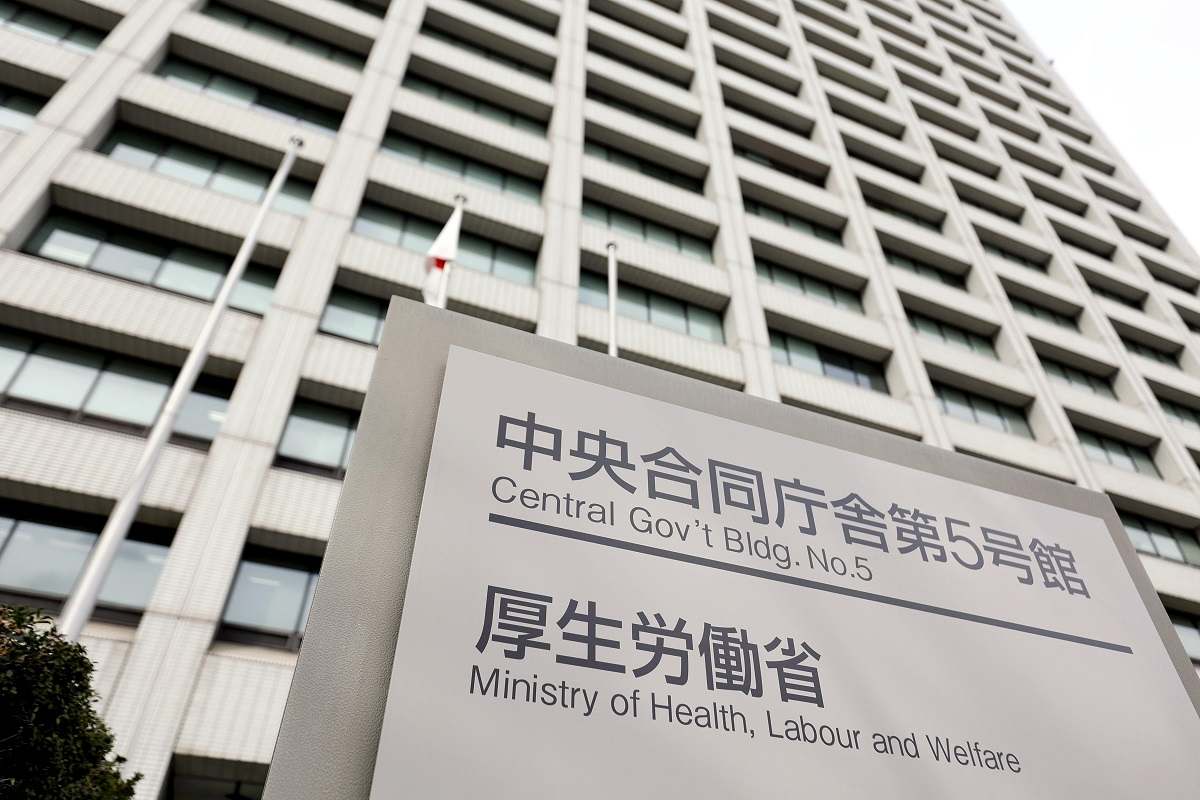Japan’s Health Ministry Proposes 1st Major Overhaul of Organ Transplant System; Proposal Follows Series of Organs Being Turned Down at Hospitals

The Health, Labor and Welfare Ministry in Tokyo
1:00 JST, September 18, 2024
Patients waiting for organ transplants will be able to register at multiple hospitals — instead of only one — to undergo the procedure, according to outline of the Health, Labor and Welfare Ministry’s proposed transplant system reform obtained by The Yomiuri Shimbun.
This is the first major overhaul of the system since the Organ Transplant Law came into force in 1997. The proposal follows a series of cases in which facilities that perform transplant operations had to turn down organ donations from brain-dead patients due to a lack of hospital beds, among other reasons.
The process of matching organ donations with recipients is currently handled solely by the Japan Organ Transplant Network (JOT). However, under the new plan, it will become decentralized.
The proposal will be presented Wednesday at the Professional Committee on Organ Transplantation of the ministry’s Health Science Council, and the committee will begin discussing its implementation.
Currently, those who wish to receive a transplant can only register at one hospital in principle. In reality, however, hospitals have turned down organs donated by brain-dead patients one after another due to staff or hospital bed shortages. When this occurred, the organs were transplanted into patients with lower priority who were registered at another hospital. This has been seen as a problem in the transplant field.
The proposal will allow transplant candidates to register at more than one hospital for surgery so that they can still undergo the procedure, even if one hospital turned down an organ.
The registered hospitals work closely together and share information, such as the patient’s condition, to ensure the candidate’s smooth transfer at the time of the transplant. The number of people on the waiting list, the record of transplants performed and the post-surgery survival rate will be made public, so patients can be informed when selecting hospitals.
Currently, the JOT explains to the family of brain-dead patients about organ donations, obtains their consent and finds a suitable candidate for the organ. However, the workload for the JOT has increased with more people becoming organ donors, causing delays.
In addition, one agency handling both tasks of obtaining consent and finding a suitable candidate poses certain risks. If the mediator has a connection with a transplant candidate, they might pressure the families of brain-dead donors to give their consent. In the United States, obtaining consent and finding a suitable candidate are handled by different organizations.
The ministry will establish an organization that will focus on obtaining consent from families, while the JOT will focus on selecting recipients. The proposal also includes a plan to have such mediating agencies be set up regionally.
The establishment of multiple agencies is expected to reduce the burden and facilitate coordination, resulting in fewer organ donations being turned away.
Top Articles in Politics
-

Japan PM Takaichi’s Cabinet Resigns en Masse
-

Sanae Takaichi Elected Prime Minister of Japan; Keeps All Cabinet Appointees from Previous Term
-

Japan’s Govt to Submit Road Map for Growth Strategy in March, PM Takaichi to Announce in Upcoming Policy Speech
-

LDP Wins Historic Landslide Victory
-

LDP Wins Landslide Victory, Secures Single-party Majority; Ruling Coalition with JIP Poised to Secure Over 300 seats (UPDATE 1)
JN ACCESS RANKING
-

Producer Behind Pop Group XG Arrested for Cocaine Possession
-

Japan PM Takaichi’s Cabinet Resigns en Masse
-

Man Infected with Measles Reportedly Dined at Restaurant in Tokyo Station
-

Israeli Ambassador to Japan Speaks about Japan’s Role in the Reconstruction of Gaza
-

Videos Plagiarized, Reposted with False Subtitles Claiming ‘Ryukyu Belongs to China’; Anti-China False Information Also Posted in Japan






















